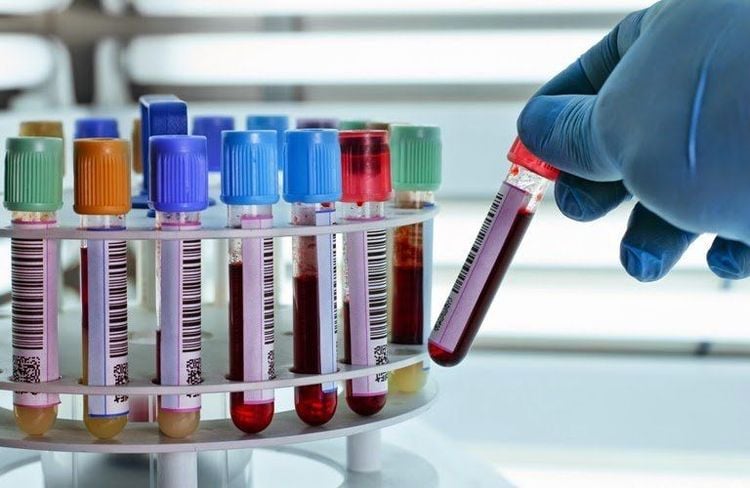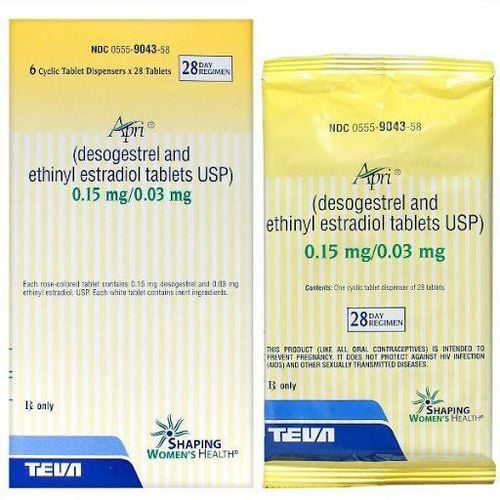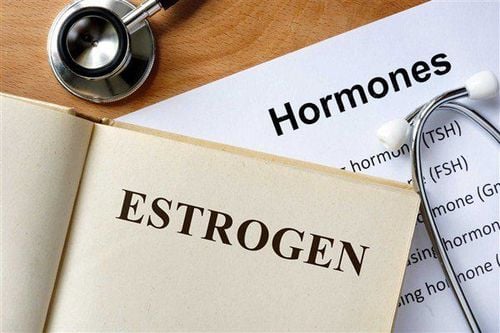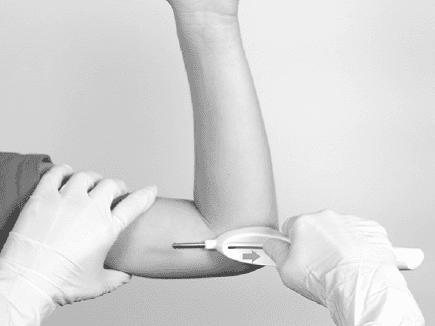This is an automatically translated article.
The article was professionally consulted by Dr. Le Thu Phuong - Department of Pediatrics - Neonatology - Vinmec Hai Phong International General Hospital.Puberty is an important period marking the complete development of an organism. Children are considered delayed puberty when girls from 16 years old and boys from 18 years old have not shown signs of puberty.
1. What is called delayed puberty?
Age is considered delayed puberty: girls from 16 years old and boys from 18 years old have not yet shown signs of puberty.To understand the growth and development of children, you need to closely monitor the growth chart and perform periodic health checks for children to promptly detect abnormalities. Parents should examine and monitor their child's growth as follows:
Children from 1 - under 2 years old, once a month; Children 2 years old to under 3 years old, once every 2 months; Children 3 years old to under 4 years old, once every 3 months; Children from 4 years old and up are examined every 6 months.
2. When to treat for delayed puberty?
Delayed puberty often affects more psychologically than the normal development of the child. Children often feel guilty and self-deprecating when they see themselves as more childish than their peers; or calling themselves “unusual” leads to depression. Children should talk to adults for appropriate advice.Children need treatment when they are at the following ages: Girls from 16 years old and boys from 18 years old without signs of puberty. This will avoid adverse effects on the child's development later in life.
3. How to detect delayed puberty?
Signs of puberty are easy to recognize because of the major changes in the body:
4. Causes of delayed puberty
The main causes come from factors such as: genetics, chronic diseases, problems with the pituitary gland, thyroid gland, improper nutrition, some common causes are as follows:Genetics : When there are parents or relatives in the family, puberty is delayed. No intervention is needed in this case. Children will still develop without affecting the general development of the body as well as the ability to reproduce.
Pituitary or thyroid gland - important hormone-producing glands have problems: These are important endocrine glands that help normal growth and development of the body.
Have an abnormal chromosome: A good example is Turner syndrome - which occurs when one of the two X chromosomes of a girl is abnormal or missing, causing the ovaries and hormone secretion to occur abnormally. If left untreated, patients often have a shorter life expectancy, are prone to infertility or have health problems. For boys with Klinefelter syndrome - having more than 1 X chromosome (XXY instead of XY), can delay sexual development.
Have chronic diseases : for example, diabetes, kidney disease, or asthma that slow down the body's growth. Children should be examined and treated early when suffering from chronic diseases to ensure normal puberty development.
Nutrition: Children who are malnourished may develop later than those with a well-balanced diet. Especially common with children who do not eat enough meals, anorexia, eating disorders or regularly apply excessive weight loss diets.
5. Tests to diagnose delayed puberty

With a professional and methodical investment, Vinmec International Hospital's Pediatric Center has a full range of specialties, including Pediatric Inpatient and Pediatric Outpatient. During the examination, parents will be consulted and answered questions about delayed puberty in children. Here, children will have sex hormone blood tests, bone age assessment tests, brain MRI scans or more specialized tests to determine the right cause of late/early puberty. and timely intervention.
In addition, the Department of Pediatric Psychiatry with psychologists will provide psychological support for children to accept abnormalities of their body compared to their peers so that children can develop normally both physically and mentally. .
Please dial HOTLINE for more information or register for an appointment HERE. Download MyVinmec app to make appointments faster and to manage your bookings easily.














